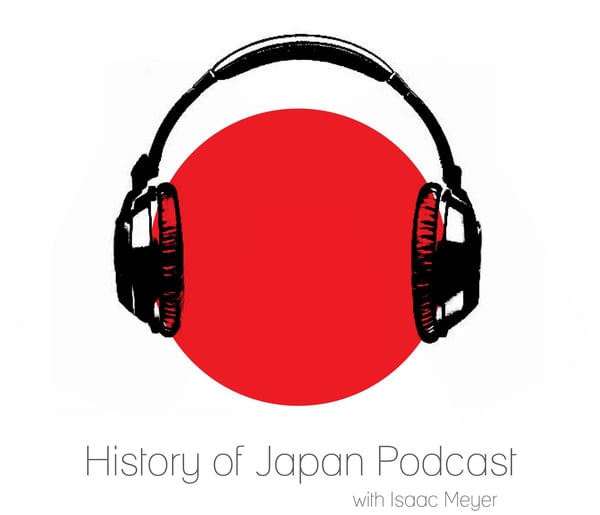Episode 184 - Lifting the Lost, Part 2
History of Japan
Isaac Meyer
4.8 • 744 Ratings
🗓️ 11 March 2017
⏱️ 27 minutes
🧾️ Download transcript
Summary
The Occupation begins! This week, we'll set the stage with a focus on the relationship between Supreme Commander Douglass MacArthur and Emperor Hirohito.
Transcript
Click on a timestamp to play from that location
| 0:00.0 | Hello and welcome to the History of Japan podcast, Episode 184, Lifting the Lost, Part 2. |
| 0:24.3 | On August 15, 1945, something truly unprecedented happened in Tokyo. For the first time ever, |
| 0:33.3 | Emperor Hirohito addressed his people, calling on them to endure the unendurable, and to maintain |
| 0:39.4 | the belief in the invincibility of their divine country. Despite never actually using the word in his |
| 0:46.0 | address, the meaning was clear. Surrender. Reactions, as you might imagine, were somewhat varied. |
| 0:55.0 | In the United States, news that World War II was finally over, four months after Germany had surrendered, was greeted with jubilation. |
| 1:03.0 | There's a fantastic photo of enlisted men at Pearl Harbor celebrating right as they got the news, and their joy and enthusiasm shines through clearly, |
| 1:12.6 | even after 70 years. |
| 1:15.6 | On the other side, the best possible Japanese response to the news was one of exhaustion. |
| 1:21.6 | Probably the most iconic image of the surrender is of Japanese civilians gathering outside the imperial palace to bow and |
| 1:29.0 | acceptance of the end. Others responded with rage that their chance for revenge against the |
| 1:35.1 | Americans who had destroyed so much of Japan was now gone. Or, in the case of a few military |
| 1:41.7 | officers, they responded with suicide. |
| 1:46.0 | In the wake of war's end, it was now an open question how people on both sides, both |
| 1:51.2 | Japanese and Americans, would respond to the new reality, occupation. |
| 1:57.6 | Both sides had to deal with a lack of understanding of the other compounded by each government's wartime propaganda. |
| 2:04.7 | The Allies and the Americans in particular had gone to some lengths to try and bridge that lack of understanding, |
| 2:10.9 | commissioning anthropologists like Ruth Benedict of Columbia University to engage in wartime studies |
| 2:17.2 | that would enable American commanders to |
| 2:19.7 | understand the Japanese psyche. These studies were, of course, largely useless, not least of all |
| 2:26.5 | because they were predicated on the idea that there was some kind of shared Japanese psyche |
| 2:31.4 | that could be applied to millions of distinct individuals. |
... |
Please login to see the full transcript.
Disclaimer: The podcast and artwork embedded on this page are from Isaac Meyer, and are the property of its owner and not affiliated with or endorsed by Tapesearch.
Generated transcripts are the property of Isaac Meyer and are distributed freely under the Fair Use doctrine. Transcripts generated by Tapesearch are not guaranteed to be accurate.
Copyright © Tapesearch 2025.

